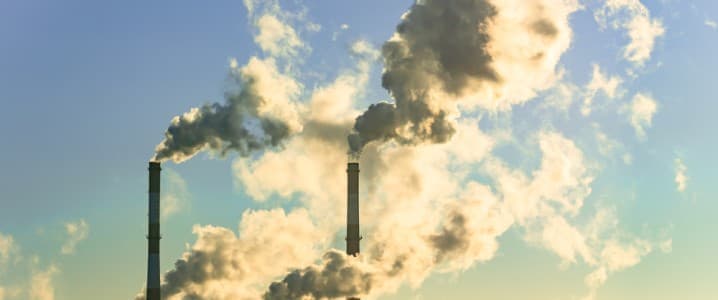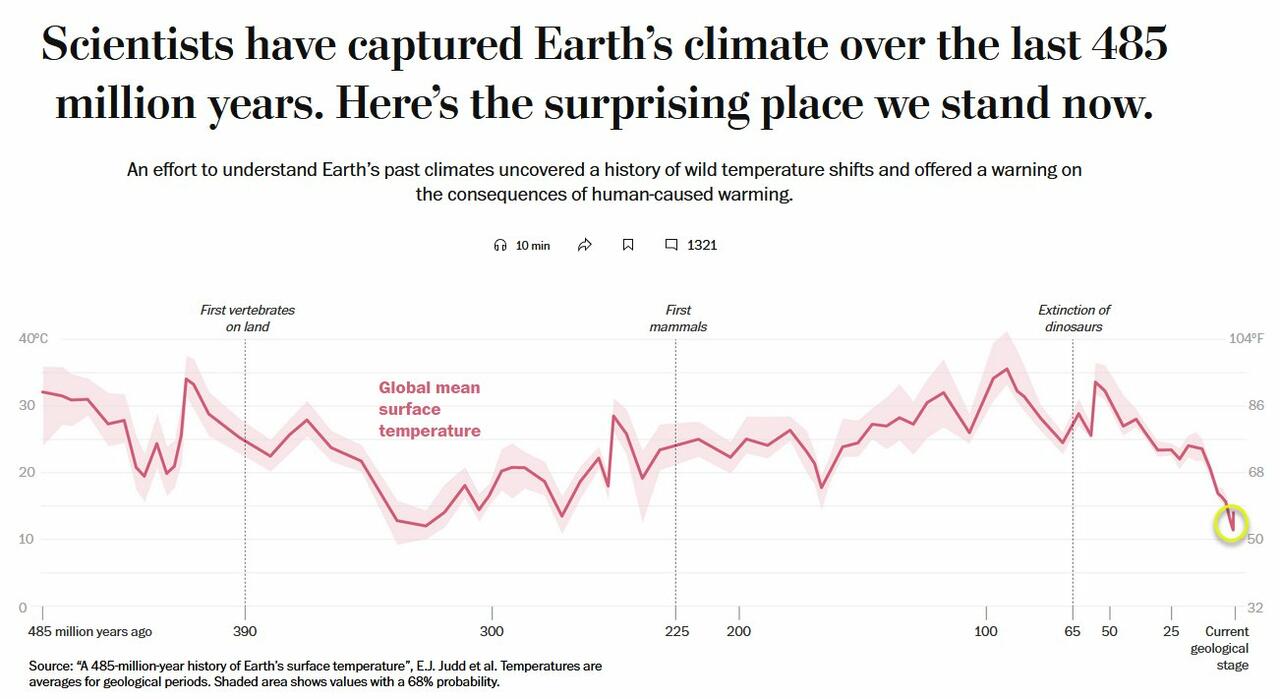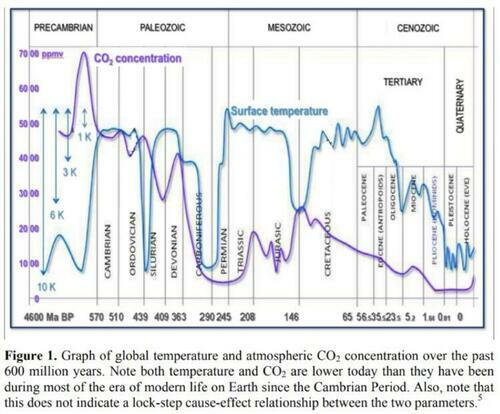IMF’s Proposed Carbon Restrictions Could Have Major Economic Repercussions
At the height of the covid lockdowns and mandates a massive portion of the global economy was shut down, leading to supply chain instability, huge job losses and a stagflationary crisis. However, climate change propagandists argued that the event was actually a positive for the planet when it was revealed that emissions fell by 5.4%. They asserted that the covid lockdowns were a practice run for what they called “climate lockdowns” – Presenting a plan for scheduled disruptions to global economic activity as a means to slow the effects of climate change.
Globalists also presented climate lockdowns as a kind of collective social punishment in the event that populations refused to cut carbon output on their own. As World Economic Forum “Agenda Contributor” Mariana Mazzucato argued in 2020: “Under a “climate lockdown,” governments would limit private-vehicle use, ban consumption of red meat, and impose extreme energy-saving measures, while fossil-fuel companies would have to stop drilling. To avoid such a scenario, we must overhaul our economic structures and do capitalism differently.
Many think of the climate crisis as distinct from the health and economic crises caused by the pandemic. But the three crises – and their solutions – are interconnected.
After a public uproar over the notion of extending pandemic lockdowns into climate lockdowns, the establishment media would go on to “Fact Check” the issue and assert that it was a “conspiracy theory.” They lied.
The pandemic lockdowns would eventually be exposed as pointless; a disastrous drain on the global economy that did nothing to prevent the spread of the covid virus. But as we witnessed with most of the restrictions instituted during covid, the goal was never to protect the health of the populace. Rather, the goal was to acclimate the populace to an exponentially increasing list of violations of their basic freedoms.
One organization that has a distinct interest in diminishing economic activity for the sake of preventing global warming is the International Monetary Fund (IMF). In a recent ‘call for global climate action’ the IMF states that restrictions on economic activity and general emissions activity would have to far surpass those enforced during the pandemic in order to get to their stated temperature target of less than 1.5°C.
Open lockdowns of developed nations might not ultimately be the tool that globalists use to reach net zero, but carbon taxation on an oppressive scale could end up having the same effect. Carbon taxes could act like steep interest rate increases commonly used by central banks to slow economic activity during inflation. An indirect economic shut down of this magnitude would be absolutely devastating for western nations in particular, resulting in crippling energy shortages, food shortages, job losses, and eventually total collapse and a population plunge.
Net zero is not possible otherwise.
The IMF and other globalist organizations suggest that all nations must achieve a net zero carbon goal by 2030 in order to avoid the “climate cliff” – The theory that once the Earth hits warming of more than 1.5°C, there will be a domino effect which will lead to environmental catastrophe and even more carbon emissions and warming.
To be clear, there is no evidence whatsoever to support the idea of the climate cliff, primarily because there is no evidence of a causation relationship between carbon emissions and global warming. In fact, there is no evidence that that human industry has a warming effect on the climate whatsoever.
Temperature records for hundreds of millions of years prove that warming periods are a mainstay of the Earth’s climate history. In comparison, our current era is one of the coldest, not the warmest. Climate scientists ignore this data and use temperature records going back to the 1880s. Meaning, their data is based on a mere 140 years of the Earth’s history.
The current warming rate is not significant to other periods, nor is there any evidence that human activity is causing it. Data on carbon levels of the past show that temperatures do not necessarily rise in tandem with carbon activity. Carbon emissions are also far lower today than they have been in the past. The claim that carbon concentration due to human activity has a drastic influence on global temperatures (or weather) is absolutely unfounded.
The real reason for climate controls and carbon taxes seems to have far more to do with wealth redistribution from developed nations over to developing nations. The agenda is about centralizing the control of national wealth as well as individual liberties and private property. And the IMF, of course, would like to be one of the institutions at the helm of that wealth management empire.










